On June 22, the RCEP working group of CBCGDF hosted the 6th meeting of RCEP 4C online. The theme is “Biodiversity Impact and Solution of Wastewater”, focusing on the recent decision of Japanese government on dumping the nuclear waste at the ocean. The meeting invited 5 experts from the fields of water resources, wildlife, and ecosystem protection. Around 3,000 people joined the meeting.
Check out the recording here:
https://mbd.baidu.com/newspage/data/mdpage?sid=1016847&tag=33&offset=10&method=LiveList&getTPL=1&livepre=1&roomid=4534101407.
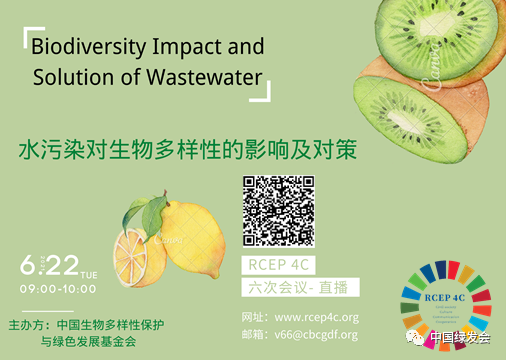
Ms. Linda Wong, the deputy secretary general of CBCGDF, delivered the opening remarks. She briefly introduced the purpose of RCEP working group, that is, to provide a platform for communication and cooperation on environmental protection. She emphasized the important role that oceans play in human society and the great harm the water pollution will bring to our sustainable development.
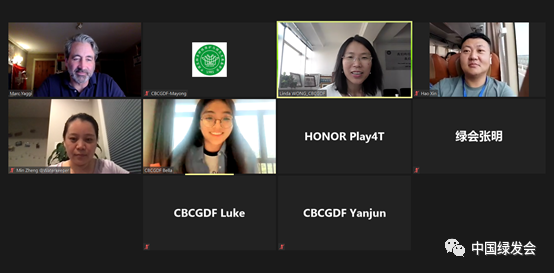
Mr. Yong Ma, the deputy secretary general of CBCGDF, explained the consequences and coping strategies of dumping nuclear waste at the ocean. He said that 62 types of nuclear waste have been found and it will contaminate the ocean ecosystem and cause severe damage to its biodiversity. Japan’s way for disposing the nuclear waste is extremely irresponsible.
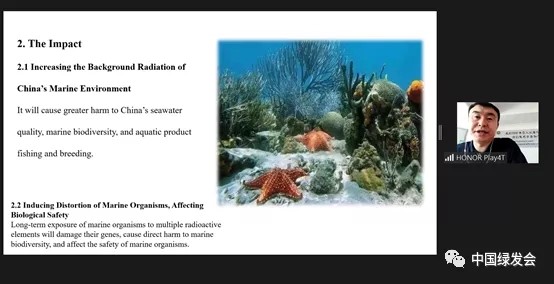
Mr. Marc Yaggi, the executive director of the Waterkeeper Alliance, briefly introduced their purpose is to provide sufficient and clean water resources for all human on earth. He believes that the problems of water resources, global warming and Fukushima nuclear waste discharge can be solved through information disclosure, consultation and cooperation from various parties around the world.
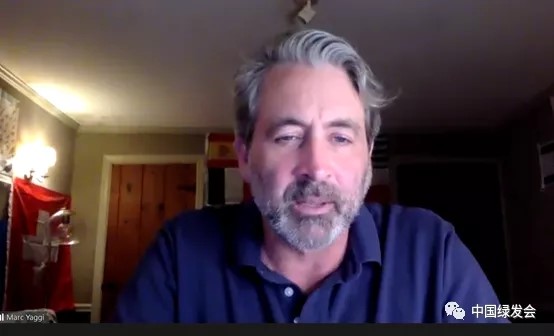
Mr Hao Xin, Executive Director Director of Green Zhejiang, East Asia Representative of Water keeper Alliance, raised several questions: North American countries would be affected by nuclear waste water because of circulation, but why didn't they seem to care much about this? There are still 22 months before Japan officially discharges nuclear waste water on a large scale. How can we change their mind in these 22 months?
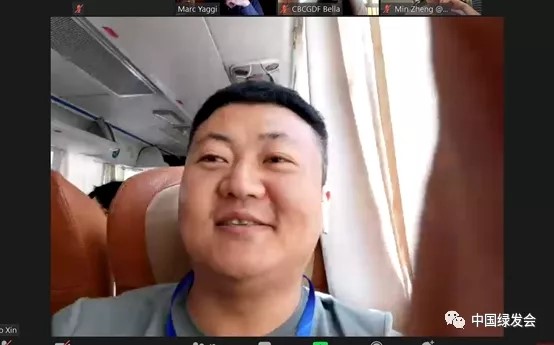
The last speaker was Mr. Mangal Man Shakya, Chairman of Wildlife Watch Group, Nepal. IUCN Regional Councilor. He pointed out that although Nepal is a country rich in water resources, the pollution and overuse of water are still the main problems. He mentioned that water pollution caused by human activity needs supervision not only from governments but also from the civil society.
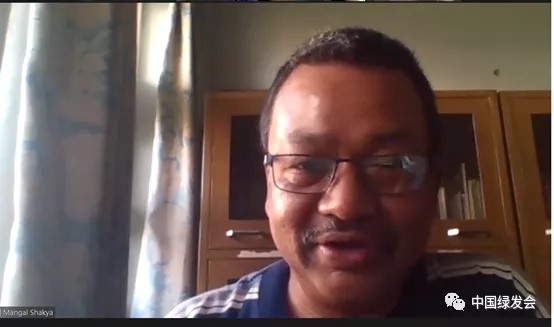
On the last part of the meeting, experts answered questions from the participants, mainly around water resources conservation and Japan’s disposal of the nuclear waste.
For more details, please check RCEP 4C official website: http://www.rcep4c.org/.
Translator/Iris
Original Chinese article: https://mp.weixin.qq.com/s/mBLcgET5VW8Gx0SgNE33fA
Contribution
https://www.paypal.me/CBCGDFChina
http://www.cbcgdf.org/English/ConfirmDonaTion/0.html
